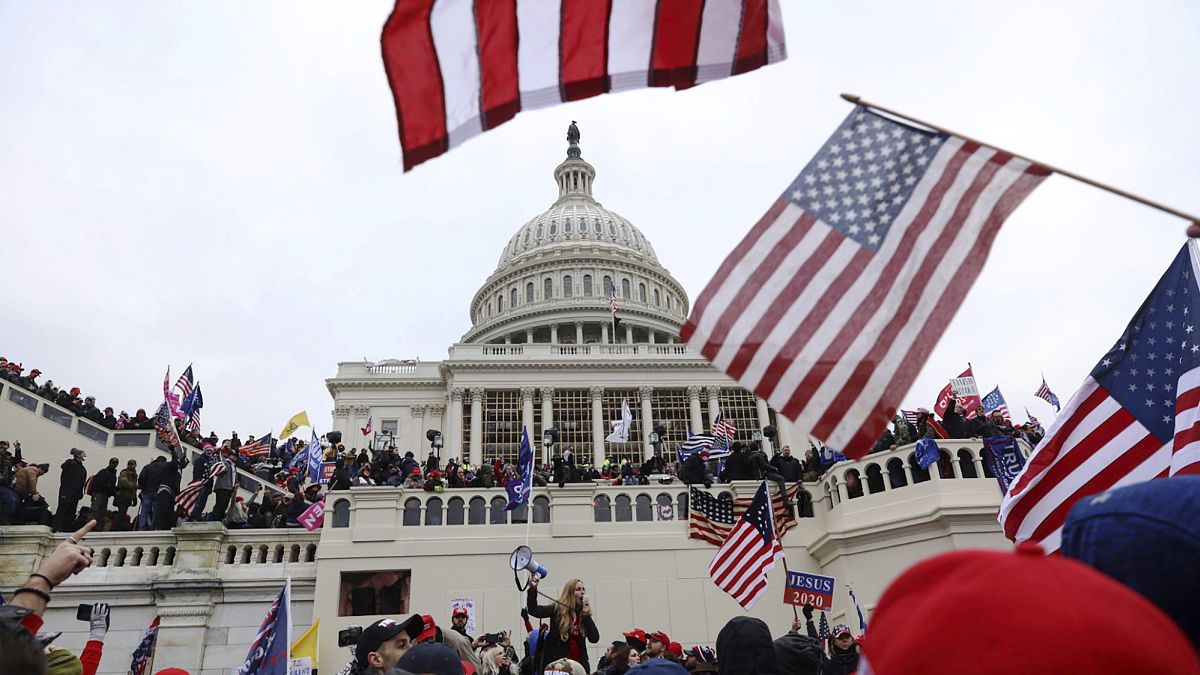The Capitol breach that occurred on January 6 has led to over 1,250 people pleading guilty or being convicted, with more than 650 receiving prison sentences. As the fourth anniversary of the attack approaches, there is speculation that President-elect Donald Trump may pardon many of those involved. Trump has suggested that he would issue pardons on his first day in office, stating that those involved in the riot have suffered and deserve leniency, with some exceptions for those who were radical or crazy.
The promise of pardons by Trump has overshadowed events surrounding the certification of the presidential election. Lawmakers are divided on the issue, with some, like Marjorie Taylor Greene, lobbying for a blanket pardon for all participants in the siege, while others believe each case should be reviewed individually. The impact of potential pardons is particularly concerning for law enforcement officers who were injured while defending the Capitol during the attack.
Republicans in Congress, including Trump allies, are split on the issue of pardoning those involved in the Capitol breach. Some argue for a case-by-case review, while others, like Representative Jim Jordan, support pardons for those who did not commit violent acts. The decision of whether to pardon individuals who attacked law enforcement officers remains contentious, with some emphasizing the need for accountability for those who engaged in violent behavior.
House Democrats, who played a key role in investigating the events of January 6 and impeaching Trump, warn of the potential consequences of pardons for those involved in the attack. Extremist groups like the Oath Keepers and Proud Boys have been convicted of serious crimes related to the insurrection, raising concerns about pardoning individuals who pose a threat to the rule of law and national security. Members of Congress stress the importance of holding those responsible for the attack accountable for their actions.
Lawmakers who were present in the Capitol during the attack have expressed strong opposition to the idea of pardoning individuals involved in the breach. Many lawmakers, like Jim Himes, who were directly impacted by the siege, find the prospect of pardons difficult to accept. In the wake of the attack, there is a sense of urgency among those who experienced the events firsthand to ensure justice is served and hold those responsible accountable for their actions.
In conclusion, the potential for pardons for individuals involved in the Capitol breach continues to be a divisive issue among lawmakers. The impact of such pardons on law enforcement officers, the rule of law, and national security remains a point of contention. As the anniversary of the attack approaches, the debate over whether those who participated in the riot should be granted clemency highlights the ongoing challenges of addressing the aftermath of January 6 and ensuring accountability for those who sought to disrupt the democratic process.










